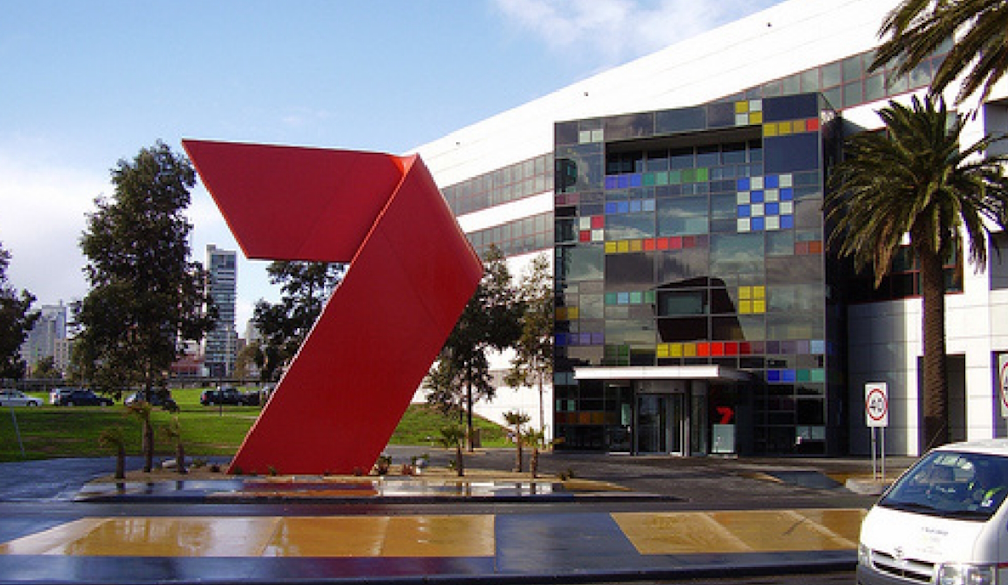
Danica Giorgio, host AM Agenda: Big business is calling on a bold new plan to deliver growth and higher wages that includes raising the GST rate. The Business Council of Australia’s Seize the moment plan argues the Albanese government must modernise and diversify the economy, it warns the country is at a crossroads with crippling debt and societal stagnation. Joining me now live is the Chief Executive of the Business Council of Australia, Jennifer Westacott. Jennifer, thank you so much for joining me now. Take us through this plan. What are you calling for?
Jennifer Westacott, Chief Executive, Business Council of Australia: This is a plan to grow wages in a sustainable way, this is a plan to raise the living standards of this generation of Australians and other generations of Australians to come, this is a plan to maintain that full employment. We’re doing that by a couple of things. Firstly, we’ve got to grow the economy faster and we’ve got to do that by being more productive and being smarter about the way of doing things. That will give us access to the world’s biggest supply chains. We can go up the value end of those supply chains, in those big things like advanced manufacturing and things like that – the big future of the world. We need to make sure our people are super skilled and they’re skilled from early childhood through to their working lives, we need to make sure we deepen our relationships with South East Asia and we get more out of our free trade agreements and we need to make sure the private sector does the heavy lifting here because it’s the private sector who can do the hard work of economic growth, and finally we need to make sure that governments have strong budget positions so we can pay for the services that people need going forward. A comprehensive, common-sense plan to lift the living standards of this generation and future generations of Australians.
Danica: Alright, you’re also calling for the GST to be raised, it’s sitting at 10 per cent at the moment. How much would you raise it by?
Jennifer: Look, we don’t in the plan call for it to be raised, we say that’s an option. We say it needs to be on the table, what we’re calling for is comprehensive tax reform. We’re saying we have to look at the whole system, particularly the mix of taxes. We’re too reliant on direct income taxes and company tax. We’re simply calling for a conversation, that says let’s put all of this on the table. Let’s try and get a tax system that works for all Australians now and into the future. Let’s get a tax system that pays for the services people need, let’s get a tax system that drives incentives for people to work and particularly to deal with the fact that we have our business investment as low a share of GDP for 30 years. We have an investment drought, that’s what we’re calling for. The GST needs to be part of the table, it may not need to go up, it may need to be broadened, but we need a conversation about tax reform.
Danica: How do you ensure though that this doesn’t place financial burden on younger Australians in the long run?
Jennifer: Well, the biggest burden on Australians in the long run is going to come from their wages not going up, from them not being able to afford their house, and we’ve got a lot of ideas in our document about how to get the housing system working better. The future burden on Australians is going to be spiralling debt, that someone has to pay off. We’re saying we need to get our fiscal house in order. And we need to make sure that when we’re spending money on important services like health, aged care, that we’re getting better value for money for them. Using it, using digital personalisation services, modernising some of these services, that is going to protect future generations, but also we need to look at the tax system to say how do we really incentivise people, how do we make sure that people have got that incentive to work as opposed to what’s been happening over many, many years – a thing called bracket creep every time you get a little bit of a hand, the tax man takes it away from you, a silent tax on hard work. That’s the sort of stuff we’re calling for.
Danica: You spoke as well about investment as well in new industries, is Australia equipped enough for that investment?
Jennifer: Not really, look you know, many people are talking about what’s happening in the United States. There’s an Act called the Inflation Reduction Act, which is really about pulling huge investments, particularly in the clean energy space into the United States, and that’s sucking investment from around the world. So, we’re not doing enough. But it’s not just one thing, what our report calls for is a whole of economy approach to make sure we’re getting investment, cutting the red tape that’s sapping so many businesses, getting our skills working, that’s going to drive investment - making sure we’ve got the best skilled people in the world. Obviously looking at our competitive tax arrangement, making sure we’ve got the best people to invest, and making sure that we’re part of these new global supply chains, we’re part of those important free trade agreements. All of our plan is a plan that drives that investment, that drives that productivity - which is the key to driving higher wages over the long term.
Danica: The report says that Australia is now at a crossroads. How far behind is the country, and how did we get here in the first place?
Jennifer: We need to remember Australia’s still a fantastic place, and we’re doing much better than most other countries. You look at things like our debt to GDP ratio – boy, you know, we are the envy of the world. We’ve got record low unemployment. Our economy is still growing, we’ve got huge endowments to work with. What we’re saying is let’s seize the moment, let’s take advantage of this position we’re in, let’s look at the forces that are coming our way - the digitisation of the economy, new technologies, the emergence of these big Asian economies, all of which are opportunities for Australia. And then some of the threats- as countries start to really do some very, very heavy lifting, pulling investment back into their countries. Now’s the time for us to look into some of the opportunities, look into the challenges, and take a series of actions to shore us up for the future.
Danica: We are of course in the middle of a cost-of-living crisis. How do you ensure you do this without putting further or more pressure on families?
Jennifer: It’s a really good question and I know so many people are going it tough. A lot of our cost-of-living issues are driven by these inflationary pressures that are driven by global forces. There are many other structural issues with cost of living that our report goes to. We want to see people earning higher wages, driven by productivity, doing things smarter, getting investment going. We want to see people being able to access their own home, being able to rent affordably. That’s about getting the housing market working more effectively - our planning system is just too slow and too rigid. We talk a lot in our document about that. It’s also making sure we have a smooth path toward reducing emissions in our economy, making that energy transition smooth so we don’t have price volatility, and making sure people have the skills that they can to compete in the labour market. They’re structural issues and we need to use this moment where people are feeling the pinch of cost of living and say to the Australian community – we want to solve those problems, but we have got to solve them for the long term, not just fixing up inflation now and then just hoping for the best. We’ve got to actually face into the many structural problems we have and the huge opportunities this country has before it.
Danica: Jennifer Westacott, we will leave it there, thanks so much for joining us this morning.
Jennifer: You’re very welcome, thank you.










